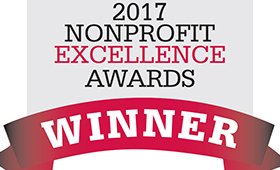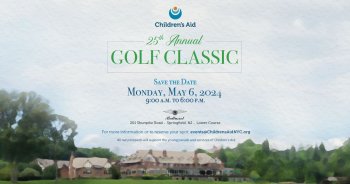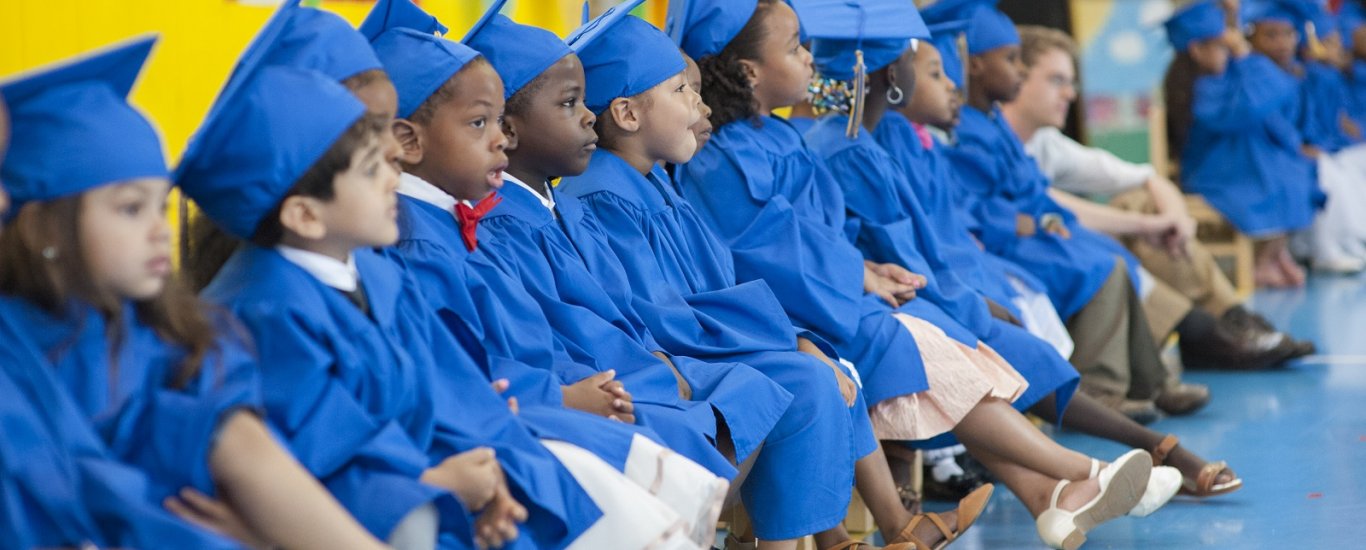NEW YORK - The Children’s Aid Society’s highly regarded Adolescent Pregnancy Prevention and Human Sexuality program has been awarded a five-year, $10 million grant from The Atlantic Philanthropies, the agency has announced. The grant was approved concurrent with a 12-month, $500,000 grant from The Edna McConnell Clark Foundation to help develop a plan to expand the program. The $10.5 million combined grant is the largest the Adolescent Pregnancy Prevention and Human Sexuality Program has ever received.
“These grants are a strong endorsement of our approach to the endemic problem of teen pregnancy, HIV, and sexually transmitted infections in our communities,” said Philip Coltoff, CEO of The Children’s Aid Society (CAS). “We are deeply grateful to The Atlantic Philanthropies and The Edna McConnell Clark Foundation for the support these grants represent. These funds will enable us to increase the impact of the program significantly.”
Youth opportunities and supports = pregnancy prevention
Developed two decades ago and still led by Dr. Michael A. Carrera, the CAS teen pregnancy prevention program is a comprehensive “above-the-waist” model that helps adolescents focus their energies and outlook on a future that does not include becoming a teen parent. Through daily participation and support, teens in low-income families and communities are given opportunities and encouragement in many areas of their lives, including education, health care, and the working world. In contrast to some other pregnancy prevention programs, the focus is not just on their sexual behavior. Teens are approached holistically and with care and affection and are seen as “at promise” rather than “at risk.”
Evidence from a three-year random assignment evaluation indicates that this program reduced pregnancy and birth rates by 50 percent among participating teen females from six New York City communities and significantly delayed the start of sexual activity among young people in the program. Click here for more information on evaluation of CAS-Carrera.
Program expansion
Both foundations are hopeful that the grants will ultimately enable the Children’s Aid Society to expand the program to five additional sites in New York City, for a total of 15 locations. Similarly, Carrera will explore how to expand further outside of New York City—from 9 to 17 sites. CAS will also invest in strengthening the infrastructure of the Stern National Training Center (NTC), the leadership-training center for the program. Strengthening the NTC will lead to the development of a long-term sustainability plan and ensure the formation of a strong leadership team going forward. Other investments include the development of a new data collection and information management system.
“Strengthening the leadership team, creating a succession plan, and building robust infrastructure for our program ensure that it will endure and continue to meet the critical national need for our services for many years to come,” said Dr. Michael A. Carrera. “The problem of teen pregnancy has not been solved. The U.S. still leads the industrialized world in teen pregnancies and births and we’re seeing the age at which U.S. teens engage in sexual activity drop lower and lower. These grants will enable us to reach more adolescents with our caring supports.”
Advocacy also to increase
Nationally, current public funding supports only groups that fulfill the “abstinence-only” approach to sexuality education. The principle objective of the CAS approach is sexual literacy, which, when combined with in-depth learning about all of the other aspects of life, delays the early initiation of sexual intercourse and decreases risk taking. The grant from Atlantic Philanthropies will enable CAS to increase and coordinate advocacy efforts at all levels of government to advance the public policy components of the program. The program will raise the awareness of local and state officials regarding the issues of adolescent sexuality and pregnancy prevention, focusing on the fiscal and social costs of not adopting evidence-based approaches like the CAS model.
“We are committed to helping kids stay in school, stay healthy, and stay connected to the communities in which they live. The Carrera program makes this happen and exemplifies the kinds of investments we look for in helping disadvantaged children. It’s a straight-talk program grounded in the often-harsh realities of kids’ lives. But it’s really about unlocking kids’ incredible potential,” said Charles Roussel, Director of the Disadvantaged Children and Youth program at the Atlantic Philanthropies.
“Our grant is intended to help the CAS-Carrera program put together a strong plan for its intended growth,” said Michael A. Bailin, president of the Edna McConnell Clark Foundation. “We were attracted to the program because of evidence pointing to its effectiveness, including findings that it lowers pregnancy and birth rates dramatically, the latter by as much as 50 percent. We are hopeful that the combined support from The Atlantic Philanthropies and from the Edna McConnell Clark Foundation will help strengthen its core operations and create the means to ensure a successful replication of the program to other communities where its services are badly needed.”
The Atlantic Philanthropies are a group of Bermuda-based charitable foundations whose grant investments are focused internationally in four program fields: Aging, Disadvantaged Children and Youth, Population Health and Reconciliation and Human Rights.
The Edna McConnell Clark Foundation helps high-performing nonprofit organizations increase their capacity to serve more young people from low-income backgrounds (ages 9 to 24) with quality programs.
The Children’s Aid Society was founded in 1853. It is one of the nation’s oldest and largest non-sectarian agencies, serving more than 150,000 of New York’s neediest children and their families with a network of services that includes community schools, neighborhood centers, camps, adoption and foster care services, teen pregnancy prevention, education, health and recreation.



